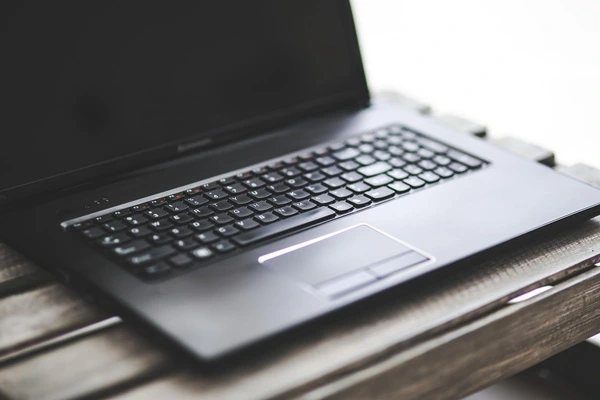
|
|
Buying Used Equipment: What’s Safe & What to Avoid
 Royalty Free Pixabay Image
Royalty Free Pixabay ImageBuyer Beware
Building a computer on a budget? Buying used PC parts can be a smart
way to save money—if you know what you’re doing. Some parts are safe to buy
used, while others are too risky and can lead to problems later. Here's a guide
to help you shop smarter when looking at second-hand computer
components.
You should be ok if you deal with a local computer shop. Online sales such as Facebook
Marketplace, Craig's List are where you're more likely to be scammed.
Parts That Are Safe to Buy Used
- Memory (RAM): RAM rarely goes bad and is one of the safest parts to buy used. Just make sure it's compatible with your motherboard.
- Processors (CPUs): Like RAM, CPUs are very durable. If they weren’t overclocked or overheated, they can last for many years.
- Air Coolers: These are usually fine to buy used, as long as they come with all the mounting hardware for your motherboard and CPU combo.
Parts You Should Avoid Buying Used
- Hard Drives and SSDs: These wear out over time, and it’s hard to know how much life is left in a used one. It’s best to buy storage new.
- Laptop Batteries: Batteries lose capacity with use. A used battery likely won’t last long and may need replacement soon after purchase.
- AIO (All-in-One) Liquid Coolers: These have a lifespan of only 3–5 years. Used units could already be at the end of their life, so it’s better to avoid them.
Be Careful with These Items
- Motherboards: If you’re buying a used motherboard, make sure it comes with the I/O backplate (also known as the rear panel shield). Missing this piece can cause airflow and dust problems.
- Computer Cases: A used case is fine, but make sure it includes all screws, brackets, and accessories. Missing parts can make your build harder or impossible. You may not want a case if its dirty or has been in a smoking environment.
- Case Fans: Only buy clean fans. You probably don't want the fans if they are dirty or has been in a smoking environment. Any fan should turn freely - If not, the bearing is worn out. It would be better to get new ones.
Buying Tips for eBay and Facebook Marketplace
When shopping on sites like eBay or Facebook Marketplace:
- Read the full description carefully to make sure you know what you’re getting.
- Look closely at the photos. Photos can reveal missing parts, damage, or wear.
- Check the return policy. Many used items are sold “as-is” and can’t be returned if something goes wrong.
- Verify it works. Whenever possible, ask the sell to prove that the item does indeed work.
- Compare prices. Whenever possible, check eBay for the same or similar item. Many sellers ask way to much for items as they are likely trying to recoup money to help pay for a new system.
Final Thoughts
Buying used PC parts can be a great way to save money—if you're
careful. Stick to safe components like RAM and CPUs, and be cautious with anything that
wears out over time like drives and batteries. Always make sure used parts come complete
with all their necessary parts. With a little research and attention to detail, you can
build a powerful PC without breaking the bank.